
The director of the Adult Genetic Epilepsy Program at the University of Toronto talked about the significant challenges posed by transitioning patients with epilepsy from pediatric to adult care settings.

The director of the Adult Genetic Epilepsy Program at the University of Toronto talked about the significant challenges posed by transitioning patients with epilepsy from pediatric to adult care settings.
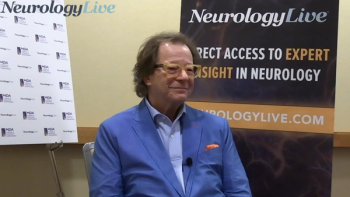
The president and chief executive officer of Satellos Bioscience provided an overview of the previously observed preclinical data supporting SAT-3247 as a potential therapy for muscular dystrophies. [WATCH TIME: 4 minutes]

Following development and implementation of a simulation laboratory training session to all staff in the EMU, there were statistically significant improvements in orientation assessment, speech assessment, motor assessment, oxygen administration, and vital sign collection in the short-term reassessment.

With data showing significant therapeutic benefit on seizure reduction and other outcomes of cognition and behavior, Stoke will move forward with a new study to assess high doses of 70 mg STK-001 followed by continued dosing at 45 mg.
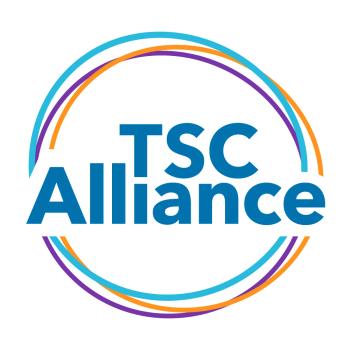
Purple Day 2024 allows the TSC Alliance to highlight the importance of epilepsy awareness since tuberous sclerosis complex (TSC) is the leading genetic cause of seizures.
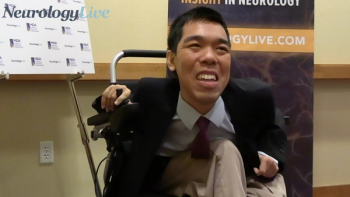
The second-year PhD student in bioinformatics at Boston University who lives with LAMA2 congenital muscular dystrophy talked about the potential impact and challenges of gene therapy in neuromuscular diseases. [WATCH TIME: 5 minutes]

It’s hard to be in medicine at the moment, and one day’s recognition is not enough. As your peer, I honor my fellow physicians today and every day.
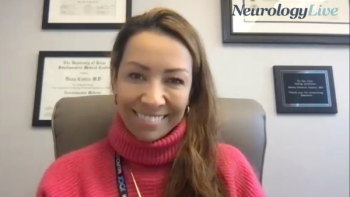
The neuromuscular specialist at the Neurology & Neuromuscular Care Center discussed the pressing need to address the transition of care from pediatric to adult healthcare systems in Duchenne muscular dystrophy. [WATCH TIME: 6 minutes]

New data presented at the 2024 AD/PD Conference revealed the potential of smartphone speech analysis metrics as a biomarker for hypokinetic dysarthria in early Parkinson disease.
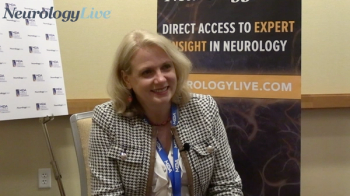
The professor of neurology at Vanderbilt University Medical Center talked about the importance of multidisciplinary care centers to improve accessibility and quality of care for patients with neuromuscular disorders. [WATCH TIME: 5 minutes]

The approval is supported by phase 3 data which showed ravulizumab-cwvz met its primary end point of time to first on-trial relapse, with no relapses observed in 58 patients with NMOSD over a median treatment duration of 73 weeks.
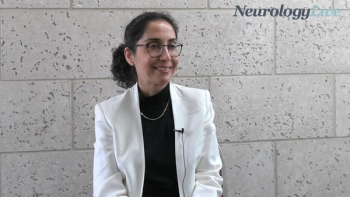
The assistant professor of neurology at Johns Hopkins Medicine talked about recent research that suggests activating the NLRX1 pathway could offer neuroprotection in multiple sclerosis. [WATCH TIME: 5 minutes]

Here's some of what is coming soon to NeurologyLive® this week.
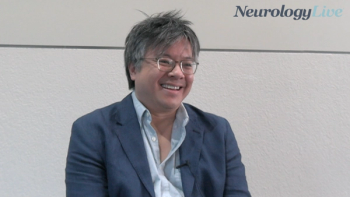
The associate professor of biology at Georgetown University talked about how immune cells can communicate with brain cells to enhance repair processes, which may offer potential treatment targets for multiple sclerosis. [WATCH TIME: 5 minutes]

In a paradigm with many options, once multiple sclerosis is confirmed as a patient’s diagnosis, physicians are left with 1 question: What do we choose for long-term treatment?

Test your neurology knowledge with NeurologyLive®'s weekly quiz series, featuring questions on a variety of clinical and historical neurology topics. This week's topic is movement disorders and multiple system atrophy.

The CLARiTI study spans across all 37 Alzheimer Disease Research Centers, collecting evidence on imaging and blood-based biomarkers to generate etiologic patient profiles of mixed dementia.
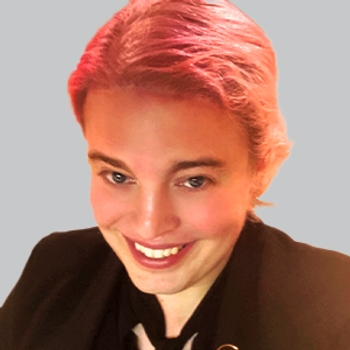
Transgender and gender-diverse patients have unique neurological considerations, but often, neurologists are unaware of the needs that are specific to this community.
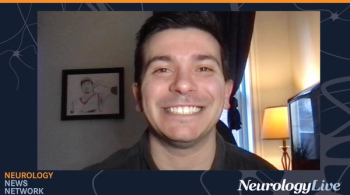
Neurology News Network for the week ending March 23, 2024. [WATCH TIME: 3 minutes]
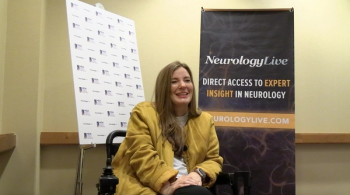
A patient advocate within the ALS community discussed the importance of incorporating patients and their voices into clinical meetings and trial design to ultimately meet treatment goals. [WATCH TIME: 4 minutes]

Take 5 minutes to catch up on NeurologyLive®'s highlights from the week ending March 22, 2024.
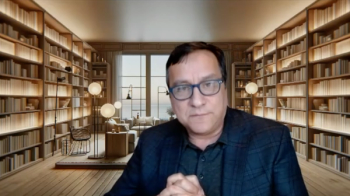
The chief medical officer of NMD Pharma provided perspective on a newly launched phase 2 study assessing NMD670, a first-in-class neuromuscular transmission enhancer, in patients with spinal muscular atrophy type 3. [WATCH TIME: 5 minutes]
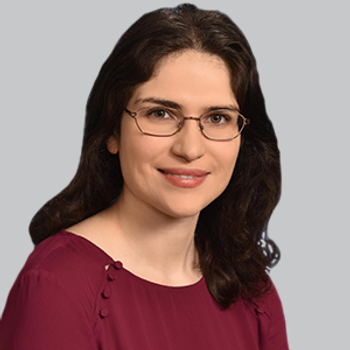
Four neurologists treating patients with epilepsy share their experience in and out of the clinic tackling issues of access for their patients.
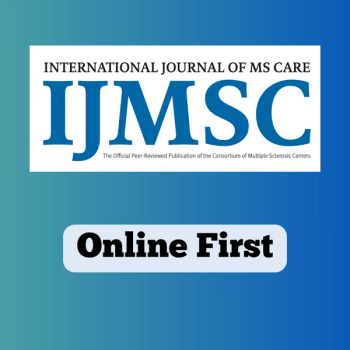
Here's the latest multidisciplinary MS research published online first in the International Journal of MS Care.

Mind Moments®, a podcast from NeurologyLive®, brings you an interview with Daniel Ontaneda, MD, PhD. [LISTEN TIME: 32 minutes]
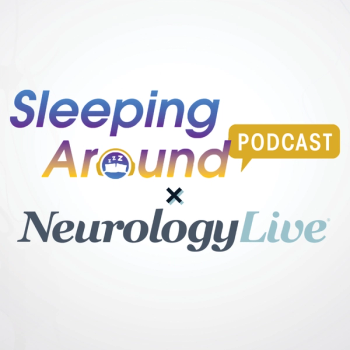
Sleeping Around the Podcast × NeurologyLive brings you a scientific breakdown of sleep as an important process for homeostasis and the data that support it.
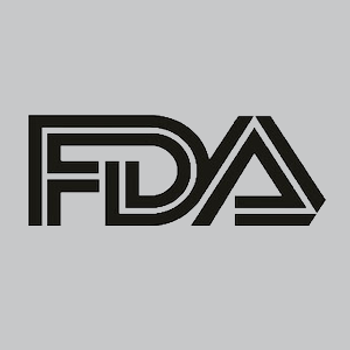
Branded as Duvyzat, givinostat is the first nonsteroidal drug approved to treat patients with all genetic variants of DMD.
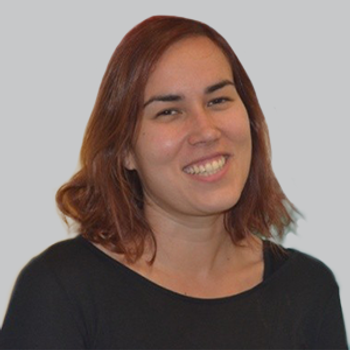
Recent data highlighted the benefit of Gain Therapeutics’ GT-02287 mechanism of action in alleviating endoplasmic reticulum stress and enhancing lysosomal enzyme activity.
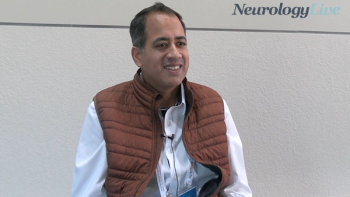
The professor of neurology at Johns Hopkins Medicine talked about modeling visual systems as an area of focus in clinical trials for multiple sclerosis as it may offer insights into neurodegeneration and neuroprotection. [WATCH TIME: 6 minutes]

A phase 2a trial demonstrated significant cognitive improvement in patients with mild cognitive impairment or mild dementia from Alzheimer or Parkinson disease through combination adrenergic activator therapy.